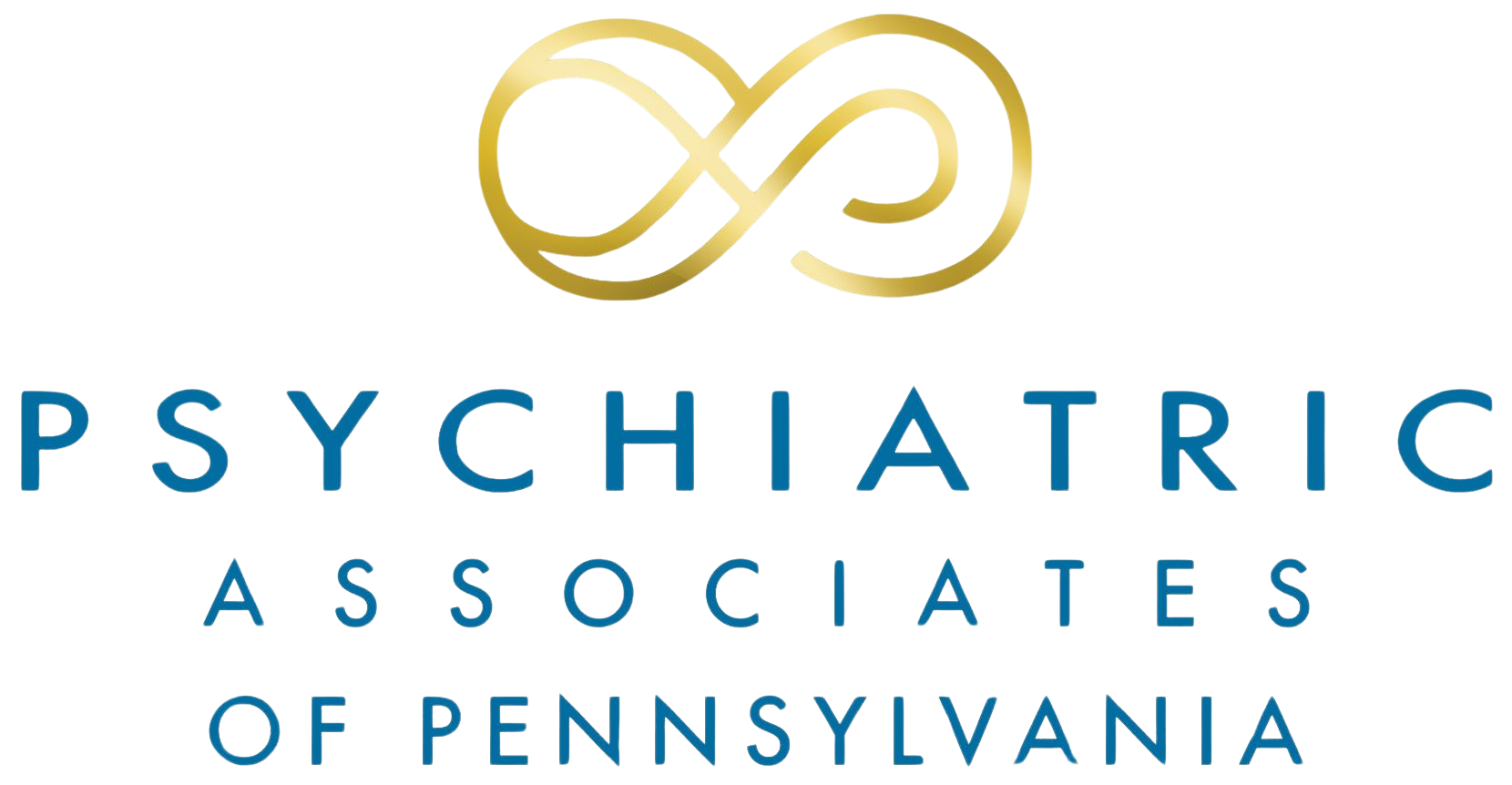Phobias are defined as excessive and irrational fears of specific objects, situations, or activities. They are a type of anxiety disorder characterized by a persistent and overwhelming fear or aversion that is disproportionate to the actual threat posed by the object or situation.
There are numerous common phobias that people may experience. Some of the more prevalent ones include:
- Arachnophobia: Fear of spiders.
- Acrophobia: Fear of heights.
- Claustrophobia: Fear of enclosed spaces.
- Ophidiophobia: Fear of snakes.
- Aerophobia: Fear of flying.
- Agoraphobia: Fear of open or crowded spaces.
- Social Phobia (Social Anxiety Disorder): Fear of social situations and scrutiny by others.
- Hemophobia: Fear of blood.
- Dentophobia: Fear of dentists or dental procedures.
- Thanatophobia: Fear of death or dying.
- Glossophobia: Fear of public speaking.
- Coulrophobia: Fear of clowns.
- Nyctophobia: Fear of darkness or night.
- 0oij8j: Fear of germs or contamination.
It’s important to note that phobias can vary from person to person, and individuals may have unique fears that are not commonly recognized. If a phobia significantly impacts a person’s life or causes significant distress, it may be helpful to seek professional help from a mental health clinician who can provide appropriate treatment and support.
Phobias can develop due to a combination of genetic, environmental, and psychological factors. Here are some common causes and contributing factors:
- Genetics and Family History: There may be a genetic predisposition to developing phobias. If you have a close family member with a specific phobia, you may be more likely to develop a similar phobia.
- Traumatic Experiences: Phobias can be triggered by traumatic events or experiences. For example, if someone has a traumatic encounter with a dog, they may develop a phobia of dogs (cynophobia). The emotional impact of the event can create a lasting association between the feared object or situation and fear.
- Learned Behavior: Phobias can be learned through observation or conditioning. If a child observes a parent or family member displaying fear or anxiety towards a specific object or situation, they may develop a phobia themselves. Similarly, a person can acquire a phobia through classical conditioning, where a neutral stimulus becomes associated with a negative or fearful experience.
- Cultural and Environmental Factors: Cultural and environmental influences can contribute to the development of phobias. For instance, certain cultural beliefs or stories may instill fear and contribute to the development of specific phobias. Additionally, living in an environment where certain dangers are prevalent, such as being in an area prone to earthquakes or hurricanes, can increase the likelihood of developing phobias related to those specific events.
- Cognitive Factors: Cognitive processes, such as beliefs and interpretations, can also play a role in the development of phobias. For example, if someone tends to catastrophize or overestimate the danger associated with a particular object or situation, it can contribute to the development or maintenance of a phobia.
It’s important to note that everyone’s experience with phobias is unique, and the causes and triggers can vary. Professional evaluation and treatment by a mental health clinician, such as a psychologist or psychiatrist, can help identify the underlying causes and develop appropriate strategies for managing and treating phobias.
Phobias can be effectively treated through various therapeutic approaches. Here are some common treatment methods:
- Cognitive-Behavioral Therapy (CBT): CBT is a widely used and evidence-based approach for treating phobias. It involves identifying and challenging negative thoughts, beliefs, and perceptions related to the phobia. The therapist helps the individual gradually face their fear through a process called exposure therapy, where they are exposed to the feared object or situation in a controlled and supportive environment. This exposure is done gradually, starting with less anxiety-provoking situations and progressing towards more challenging ones. Over time, repeated exposure helps reduce anxiety and fear responses.
- Systematic Desensitization: This is a specific form of exposure therapy where individuals are taught relaxation techniques, such as deep breathing or progressive muscle relaxation, to manage anxiety. They then create a fear hierarchy, ranking feared situations from least to most anxiety-provoking. Starting with the least feared situation, the person is gradually exposed to each situation while maintaining relaxation, working their way up the hierarchy.
- Virtual Reality Exposure Therapy (VRET): VRET utilizes virtual reality technology to simulate realistic and controlled environments. It allows individuals to experience the feared situation in a virtual setting, providing a safe and controlled exposure. This method has shown promising results in treating various phobias.
- Medication: In some cases, medication may be prescribed to help manage the symptoms of phobias, particularly if the anxiety is severe. Commonly prescribed medications include selective serotonin reuptake inhibitors (SSRIs), which are antidepressants that can help reduce anxiety symptoms. Medication is usually used in combination with therapy.
- Mindfulness-Based Techniques: Mindfulness techniques, such as meditation or mindfulness-based stress reduction (MBSR), can be helpful in managing anxiety and improving overall well-being. These techniques focus on bringing attention to the present moment, allowing individuals to observe their thoughts and emotions without judgment.
It’s important to consult with a mental health professional who can assess your specific situation and recommend the most appropriate treatment approach. They can tailor the treatment plan to your needs, considering factors such as the type and severity of the phobia, your preferences, and any co-occurring conditions. With proper treatment and support, many people can overcome their phobias and lead fulfilling lives.


